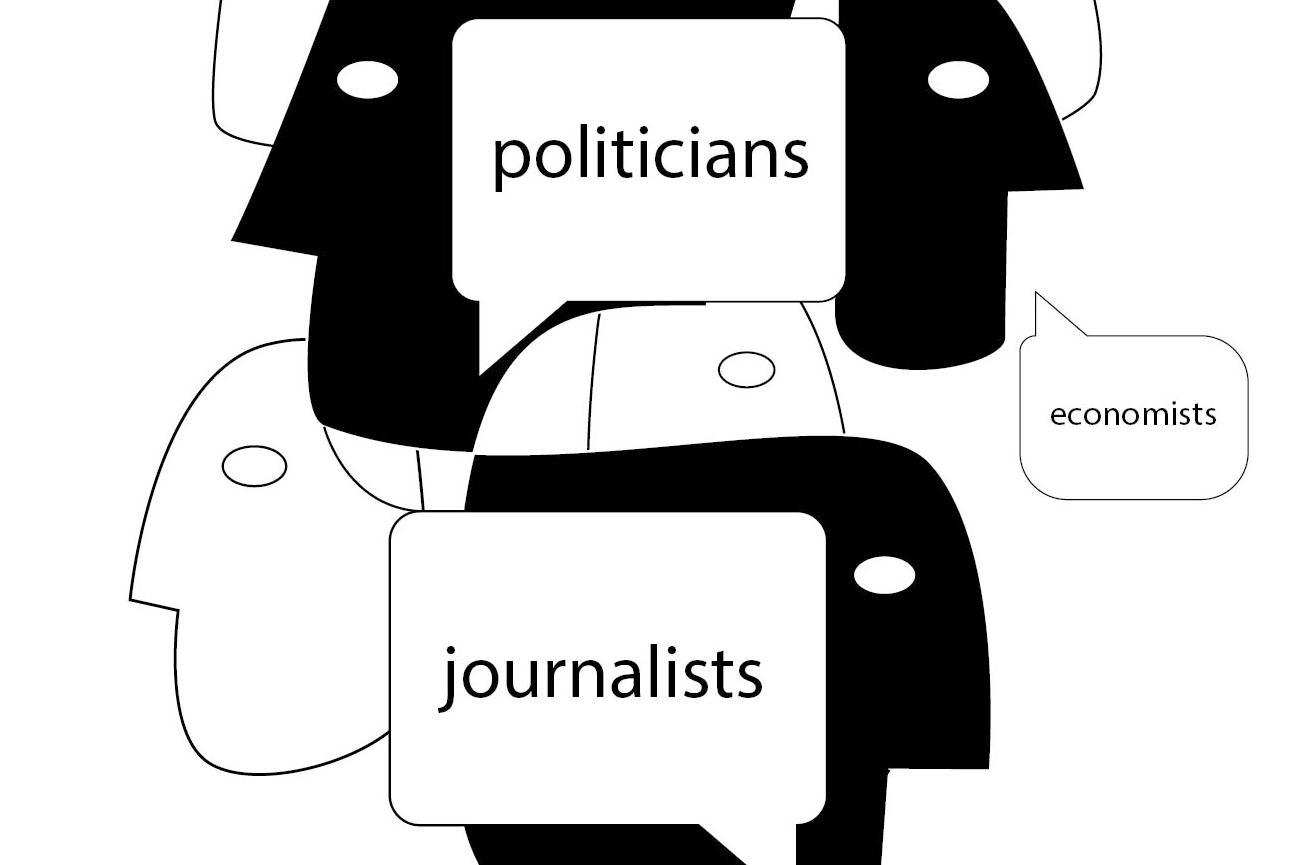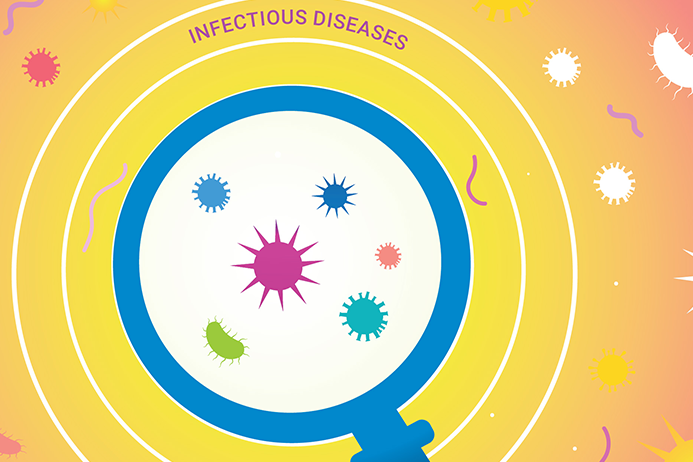Public policy is a complex field and requires expertise and engagement of diverse disciplines and stakeholders. Public policy in Pakistan is dominated by lawyers, politicians, journalists and economists, all of whom are central for devising strategy and policy; but there is very little involvement of scientists in the domain of public policy. In this article, we will discuss the reasons behind this phenomenon and how to reinvigorate the role of science in public policy discourse.
Some fields like health policy, environmental policy, or education policy may require considerable
Although the country has successfully developed a large pool of scientists and applied mathematicians, they have been unable to contribute effectively to a knowledge-based economy. Various academics and thinkers have frequently identified the problems keeping us from achieving this goal but solutions have been rare. With a few concrete steps, which would not cost the national exchequer any hefty amount, a purposeful direction can be attained.
A major hurdle in creating a knowledge-based economy is the lack of academia-industry collaboration. Mathematicians and industry
دسمبر 2019 میں چین کے شہر ووہان سے اٹھنے والے کورونا وائرس سے اب تک دنیا میں تقریباً 13 ملین افراد متاثر ہو چکے ہیں۔ یہ وائرس جسے سارس-کووی-2 کا نام دیا گیا ہے، زیریں نظام تنفس کو متاثر کرتا ہے جس کی وجہ سے شدید بخار، خشک کھانسی اور سانس لینے میں دشواری ہوتی ہے۔اس بیماری کو کووڈ-19 کا نام دیا گیا ہے اور اس سے اب تک 5 لاکھ 78 ہزار اپنی جان کی بازی ہار چکے ہیں جبکہ 7 ملین مریض صحت یاب ہو چکے ہیں۔عالمی ادارہ صحت اس بیماری کو عالمی وبا قرار دے چکا ہے اور ویکسین یا دوا کی عدم دستیابی کی وجہ سے صرف احتیاطی تدابیر سے ہی اس وائرس کا پھیلاؤ روکا جا سکتا ہے۔




